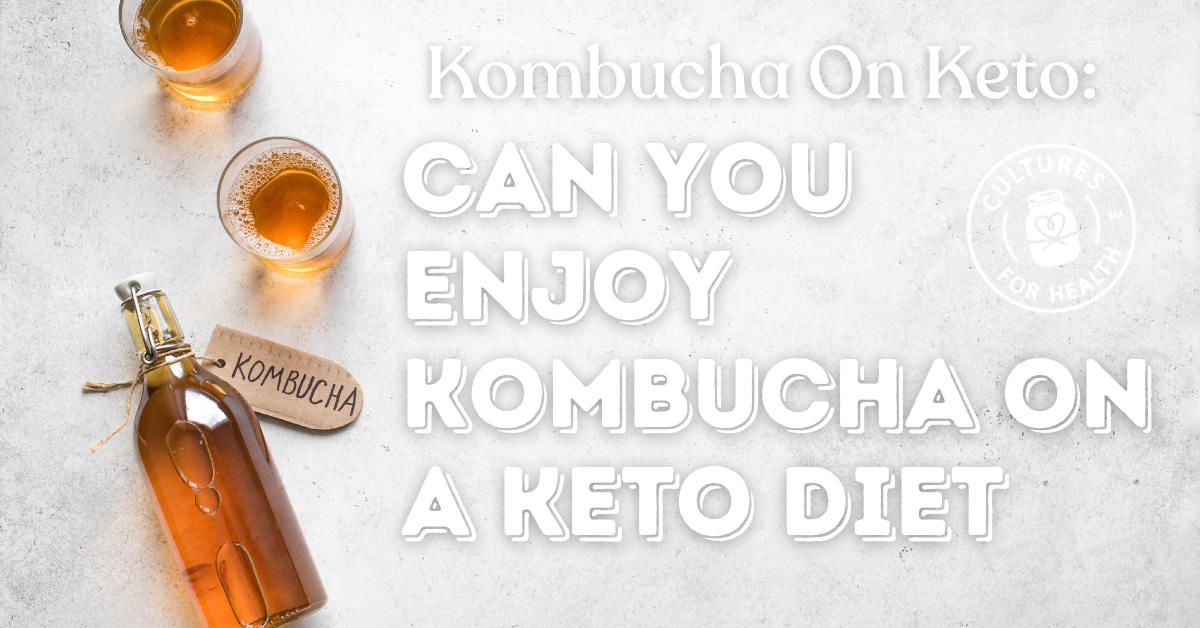
Kombucha is one of the most popular cultures to make at home. It is simple and inexpensive, with a distinctive flavor loved by many. One of the advantages to kombucha is there is no daily maintenance requirement. It takes anywhere from 7-30 days for a batch to reach that sweet-tart point of perfection. For those who have busy lives, kombucha easily fits into a complicated schedule.
However, some people may want a batch of kombucha to brew faster. By adjusting the temperature or culturing vessel, kombucha can be brewed in a much shorter period.
INCREASE THE BREWING TEMPERATURE
Kombucha brews best between 68-78°F. Brewing it on the warmer end of this range will speed up the culturing. It is possible to brew kombucha even up to 85°F. A warmer brewing temperature will result in a stronger tasting kombucha.
When adjusting culturing temperatures, be sure to check the kombucha frequently with a thermometer. If it gets too warm, the scoby can be damaged. A damaged or weakened scoby may result in spoilage or mold on future batches.
USE A WIDER BREWING VESSEL
Like many cultures, kombucha depends on oxygen for its life-cycle. Increasing the oxygen available to the culture increases the rate at which it converts that tea and sugar to kombucha tea. This means that a half-gallon glass crock with a 10-inch diameter opening will make kombucha tea more quickly than a half-gallon jar with a 4-inch diameter. The new scoby will form to cover the surface, resulting in a larger “baby” scoby.
ADVANTAGES & DISADVANTAGES OF A FASTER BREW TIME
A faster brew has obvious advantages. If there are many people consuming the kombucha, it can run out quickly. Waiting weeks for a new batch requires patience. Brewing kombucha faster is an alternative to purchasing a very large container or having a large collection of jars brewing simultaneously.
There are disadvantages to brewing kombucha quickly. Fermentation happens in stages, and fermenting slowly allows certain flavors to develop more fully. A faster brew tends to get very vinegary quite quickly, which may be fine for someone who likes a very tart kombucha. However, there is a chance that the kombucha will go from pleasantly tart to strong vinegar too quickly, and final flavor may be compromised. If your kombucha does happen to get too vinegary, there's still good news! Kombucha vinegar makes a great base for salad dressing and marinades.
















